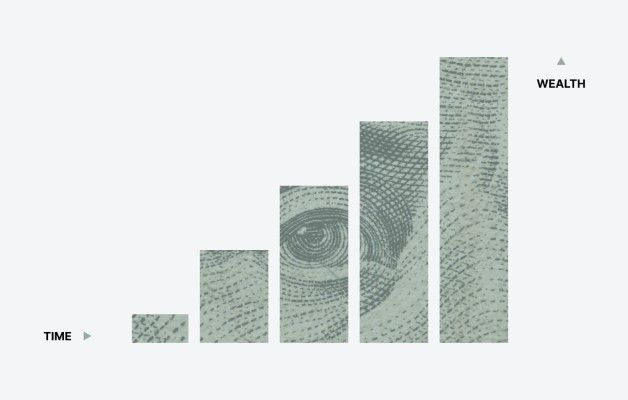Taxes, Wealth, and Patriotism
The wealthiest Americans are facing lower taxes than their lower-income fellow citizens. The beliefs underpinning the policies causing this imbalance are un-American, foolhardy, and defeatist.

"For the first time on record, the 400 wealthiest Americans last year paid a lower total tax rate — spanning federal, state and local taxes — than any other income group, according to newly released data."
https://www.nytimes.com/interactive/2019/10/06/opinion/income-tax-rate-wealthy.html
When discussing higher taxes for the rich or ultra-wealthy, those who are opposed often point to America's reliance on innovation and a knowledge-economy, and note that if we impose higher taxes on our billionaires (whose companies have significantly increased America's GDP), then those billionaires and companies will leave, and take their innovation and jobs with them (a cursory search returns examples from The Guardian, The Atlantic, and a blurb from Stanford University Press).
Critically, the actual data demonstrates that is not the case. If you are interested in looking at the data, you can start with those links in the paragraph above, or this highly-consumable analysis. This post isn't going to dive into the data, but instead will look at the assumptions behind that view.
"If you tax them, they will leave" - Chris Christie
Ultimately, this view appears to have two primary assumptions:
- Top-earners care more about income potential than the country they have citizenship in (the U.S. taxes Americans based on their citizenship, not just their residence).
- We as a country want to retain top-earners that have that mindset.
I see three core rebuttals to that mindset:
- It is incorrect and fundamentally un-patriotic.
- It views earners who will give their citizenship to the highest bidder as assets rather than liabilities.
- It is passive and fatalistic, and abnegates responsibility.
First, there are many reasons to desire to stay in America: like freedom and liberty; rule of law; and diversity of people and thought (not just "for liberals," this diversity was the foundation of America. As a country we benefited from providing opportunities to marginalized people--especially to Europeans like the Irish--and we suffered from not providing similar opportunities to people that we marginalized in the U.S.).
Second, since Americans are taxed based on our citizenship, not our country of residence, avoiding American taxes would require a renunciation of American citizenship and allegiance to another county. Any person who would renounce their citizenship for a price and has no overriding love of country (nor freedom, liberty, rule of law, and diverse American culture) is not a national asset. There is lots to be said here, so I'll stop and write a full post on that later.
Third, this mindset avoids responsibility for governance. If America's sole appeal to innovative captains of industry is that we have a low cost of living, it is the clear responsibility of lawmakers and governors (as in, 'those who govern') to improve America beyond a 'get rich quick' scheme–to protect our freedoms and liberties; to strengthen our justice systems so that all people are equal under the law (to include the politically or financially powerful); to provide both our immigrants and our current citizens those opportunities to grow and thrive that are so foundationally American, and that can produce new innovators, new companies, and even entire new industries.
As a side note, those Americans who talk the most about how we must maintain or lower tax levels in order to retain billionaires (because financial incentives are assumedly our sole attraction), are often the most offended by the idea of immigrants coming to America solely to improve their financial prospects. If the premise is that it is good/bad to choose America solely on economic grounds, these views are incompatible; these views are, however, compatible if the premise is an obsequious preference for the-powerful-I-hope-to-join, and a disgust or fear of the-weak-I-hope-to-avoid.
Photo by Morgan Housel on Unsplash